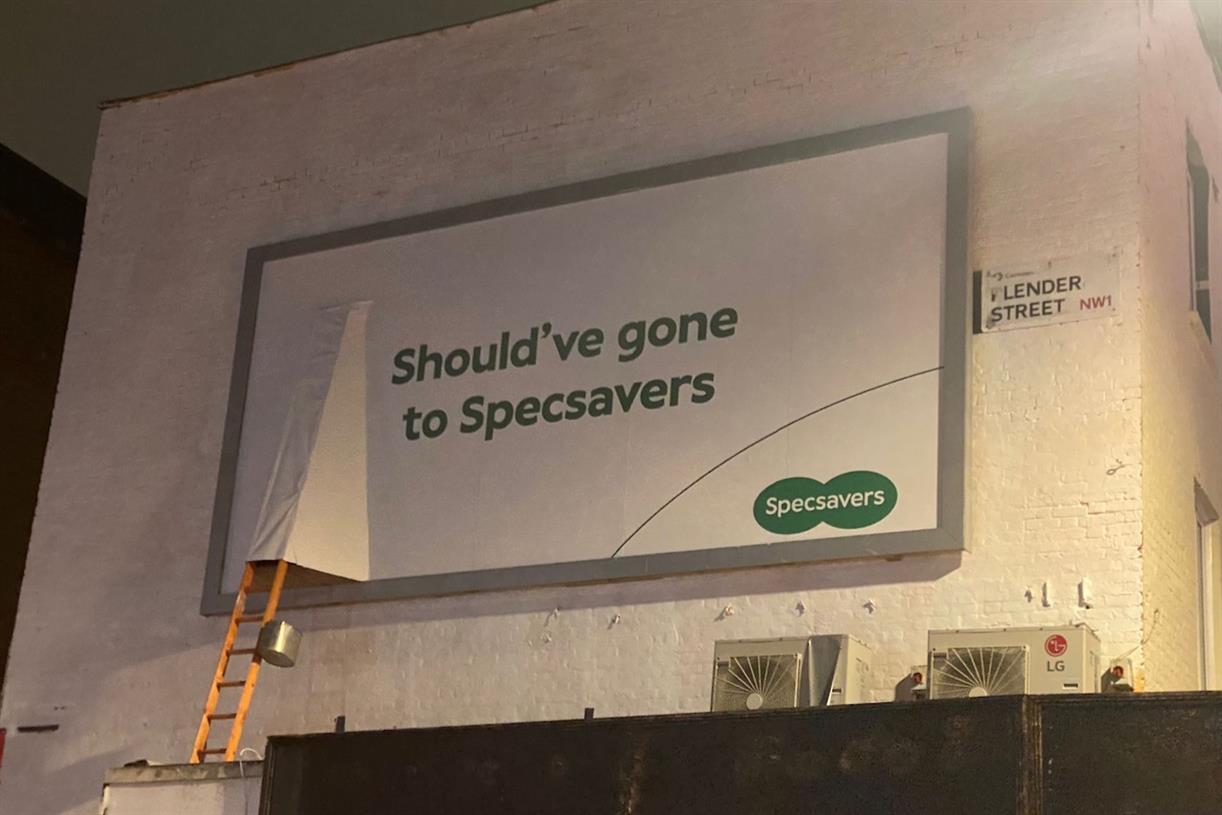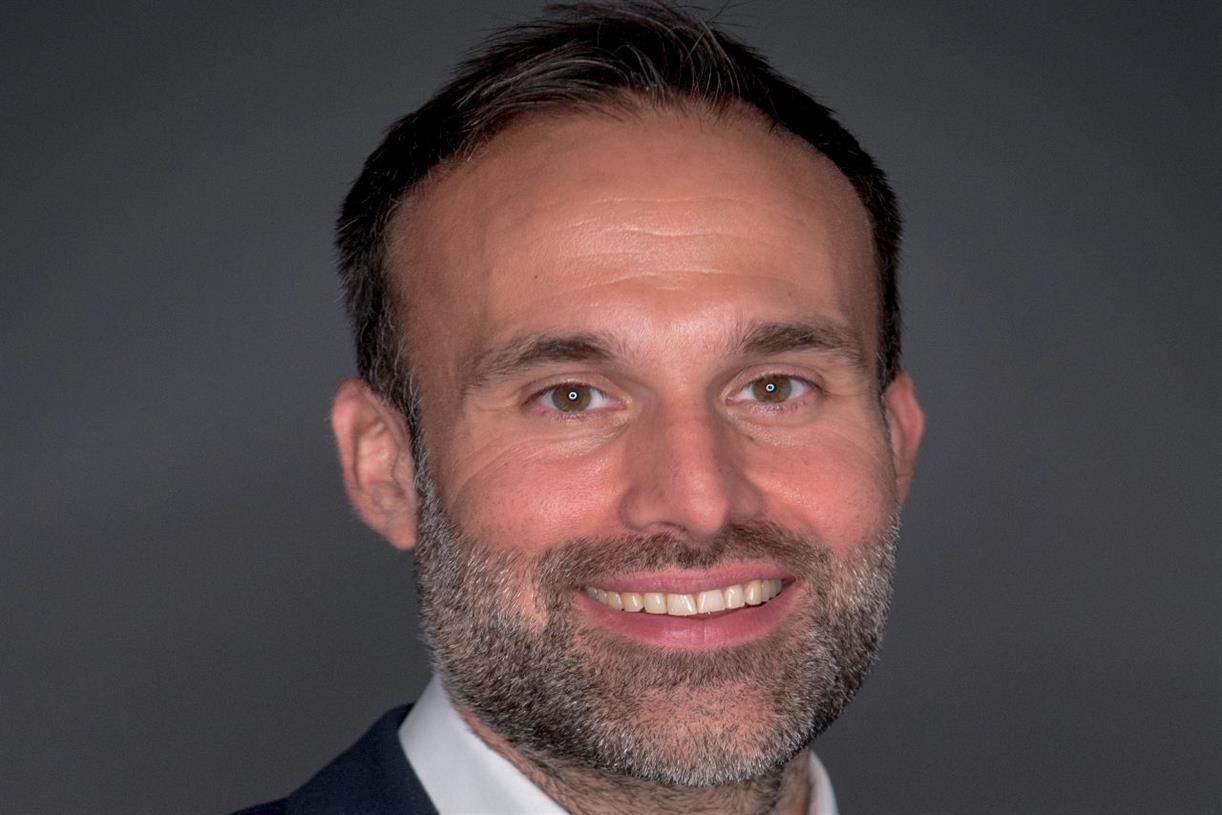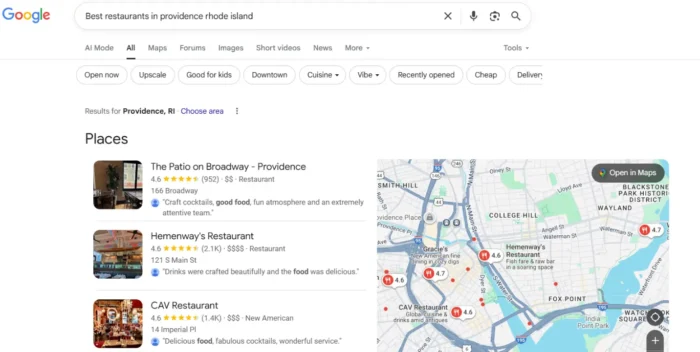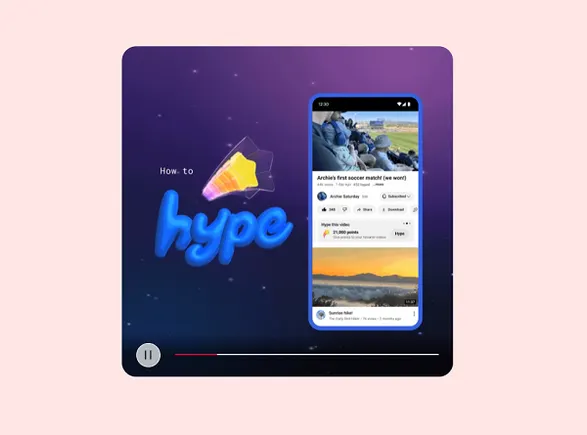A C4 sale betrays the government's 'levelling-up' and 'British-owned' agendas
Plans to go ahead with a sale of Channel 4 has left the advertising industry disappointed and concerned, and it's easy to see why: privatisation makes little sense, whichever way you look at it.
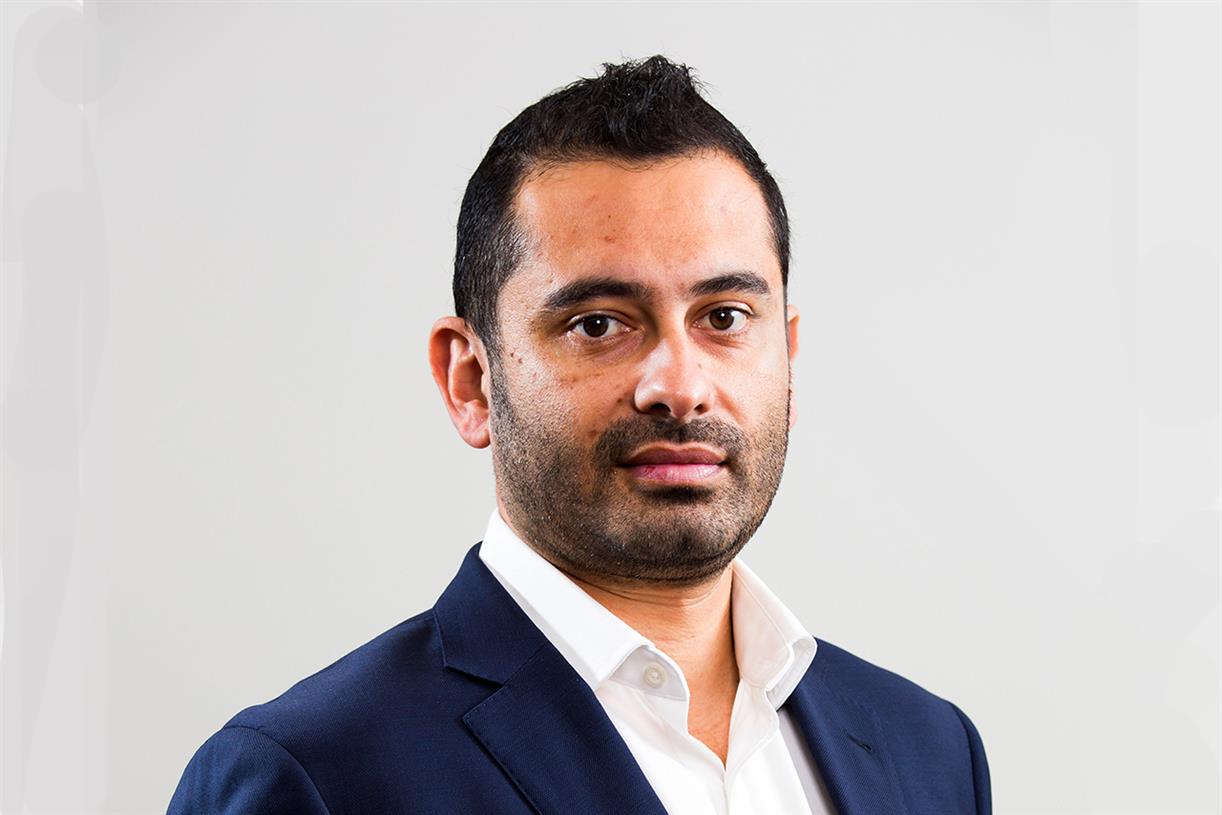
It’s odd that a government championing British-owned businesses and a levelling-up agenda would push ahead with the sale of a national cultural institution that is likely to result in foreign ownership and fewer jobs in the regions. But that is where we are at.
Leaving the politics aside, the decision by culture secretary Nadine Dorries to press ahead with plans to sell Channel 4 is one that could have wider repercussions for the media and advertising industry.
Channel 4 is unique in that it is a publicly owned asset but is privately funded, largely through advertising. It costs taxpayers nothing, unlike the BBC, which is constantly attacked for raising its funds through a licence fee – which is essentially a tax (albeit one that I personally think represents great value).
Whatever your views are of the BBC, it is fair to scrutinse whether a public licence fee is a reasonable approach to funding the public broadcaster, but that argument doesn't hold water when it comes to Channel 4.
What makes Channel 4's public broadcasting remit special is that it serves programming for younger and often underrepresented audiences, sometimes taking risks on programmes and providing opportunities to independent production companies.
Think about some of the seminal TV shows C4 has spearheaded over the years – from Countdown in the early 1980s to The Big Breakfast in the 1990s, Big Brother and Skins, which broke ground in the noughties and, more recently, the highly-acclaimed award-winning It’s a Sin.
Channel 4 has an impressive track record for breaking new ground in TV programming; moving towards private ownership poses a genuine question about whether such programming will continue.
Not only has its programming catered to different audiences that are not always covered by mainstream rivals, Channel 4 has been a huge funder of the independent production sector – an important cornerstone of the UK’s world-class creative industries. It spent £522m on content in 2020, including £370m on originated content – a significant investment in these industries.
It has been reported in The Guardian that of the 200 production companies with which Channel 4 works, 70% rely on the broadcaster for at least half of their TV production work.
An analysis of those 200 production companies found that almost 140 relied on Channel 4 for half or more of their TV production work. Channel 4's own analysis predicts 1,300 jobs would be threatened under private ownership, with some analysts forecasting that the programming budget could be slashed by 40-50%.
Furthermore, Channel 4 is a genuine innovator in the industry. Its groundbreaking Black to Front campaign, in which a whole day of programming was created by black talent, included more than 60 brands backing the channel takeover, championing diversity and better representation of black talent in the industry.
Then there is its epic Paralympics coverage and advertising campaigns, which has helped to reframe how society perceives Paralympians and people with disabilities. You can read more about some of its highlights over the years, here.
A Campaign reader poll last year of more than 900 industry voices found two-thirds opposed privatisation and only 13% were in favour. As part of Campaign's own "4 The People" campaign, some of this industry’s leading lights publicly opposed a sale.
In terms of how privatisation will affect the advertising industry, it is hard to say. A lot will depend on whether the government is able to convince a potential suitor to keep some, if not all, of C4’s remit requirements.
My sense is that it would be challenging for any bidder to run a TV network for profit with the current remit restrictions in place. Channel 4’s 2020 financial results showed that it made a £74m surplus (its largest in its 38-year history) on revenues of £934m, all of which was pumped back into the business.
Its operating profit margin of about 8% is below the 15% reported at rival ITV, and well below what is usually reported by commercial TV broadcasters.
It would also be unrealistic to expect a buyer to pay the mooted £1bn for a broadcaster that has so many programming requirements in place.
Dorries has said that the government plans to keep some of these in place to ensure there is no disruption to content output, but realistically how long can it force a private business to operate with a remit in place, and would this put off potential investors?
If Channel 4 were to be sold, it is quite conceivable that a foreign-owned media company would be the most likely suitor. Enders Analysis has previously suggested US-owned Paramount – the owner of Channel 5 – as one of the better fits in terms of operating synergies. Other potential buyers to have been mentioned in the press include Sky, Discovery and ITV.
The advertising industry is largely opposed to privatisation for several reasons. There are fears that Channel 4 will not be able to focus programming on harder to reach demographics, such as young people and those from different ethinc communities.
Channel 4’s TV portfolio accounts for about 10% of total viewing, but it claims to be one of the largest youth publishers online, allowing important incremental reach gains on media plans. Its investment in digital is part of plans to modernise and connect better with younger audiences.
There are also concerns that the sale of Channel 4 to a rival would concentrate the TV ad sales market, which currently has three sales houses, owned by ITV, Sky and Channel 4. Moving C4 into any of these would create a duopoly, with an ITV combination amounting to one sales house handling more than 70% of the TV ad sales market.
Plus there is the outstanding work that 4Sales does alongside brands and agency partners. Last year, Channel 4 won the coveted Brand of the Year at The Marketing Society Awards and Channel 4 Sales won Sales Team of the Year at the Media Week Awards.
The latter's work led Zenith chief strategy officer Rich Kirk on Twitter to “call out the great folk at 4sales who help us make great media ideas real. Uncertainty is no fun at all. Whatever guise C4 ends up in I hope we continue to do bold and entertaining stuff together.”
Im too ignorant to have a POV on the c4 decision, but think it's important to call out the great folk at 4sales who help us make great media ideas real. Uncertainty is no fun at all. Whatever guise c4 ends up in I hope we continue to do bold and entertaining stuff together.
— Rich Kirk (@rich_kirk) April 5, 2022I suspect there are many in the industry that hope whatever the outcome, the disruption to programming, its investment in independent production and its sales arm is minimal.
When you consider that Channel 4 has had a record-breaking year and is widely admired as a bold, cultural institution that provides a platform for underrepresented communities, while investing heavily in the creative industries and regional UK, it’s difficult to understand the logic behind privatisation.
Perhaps there isn’t a great deal of logic in this decision and it is more rooted in ideology. Regardless of the motives, I hope that as the debate moves into Parliament in the coming months, the pushback will be fierce and it inspires Dorries and the government to reconsider their position on privatisation.
Until then, Campaign will continue to champion Channel 4 in its battle against privatisation and update you on how this unfolds. The process could take months, if not years, but proponents will want it resolved before the next election either way.
Media spotlight
Last week, we launched our Media Spotlight column, which showcased Hearts & Science’s work on the "There’s an Ocado just for you" campaign. The column has been well received and several other worthy candidates have been submitted.
We plan to run ths column every two weeks, which means our next media spotlight will run next Wednesday (13 April). Thank you to everyone who has already provided a Media Spotlight column, and I would encourage others to get in touch with more suggestions.
Arvind Hickman is media editor at Campaign

 Troov
Troov 







